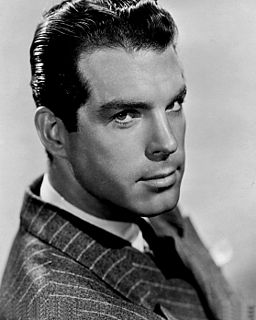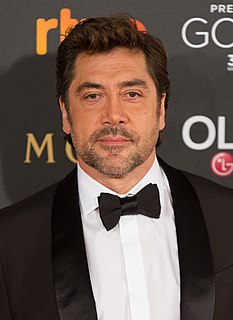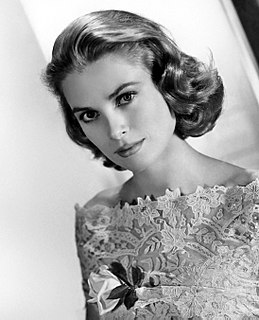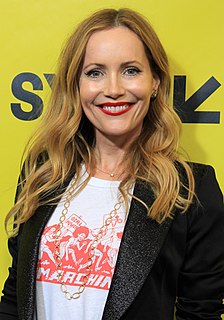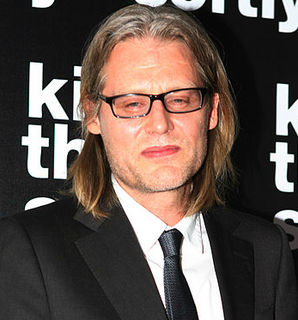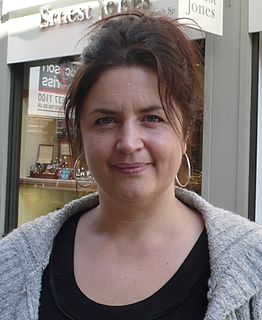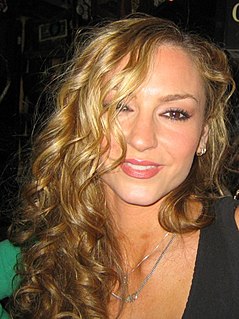A Quote by Fred MacMurray
Sometimes a writer writes scenes for people who just say 'Hi' to indicate they're in love. I play those scenes very well.
Related Quotes
I'm getting so old - it's more uncomfortable to do those scenes now than when I was 20. I mean, I don't have a big problem with nudity on screen. But usually the days when you do those naked love scenes are the weirdest ones on set. Everyone is uncomfortable. You're like, 'Hi. How are you?' Then the next minute you're with an actress who you don't know and you're pretending to make love to her in front of all the crew. The acting challenge is pretending things are OK.
Sometimes, a scene goes on too long and, with this being a suspense story and murder mystery that you're trying to discover through her heightened paranoia, you don't want scenes that take you on a tangent. Sometimes, you love those scenes, but you know that it's better not to be in the overall film. So, I'm not sad that they're not in the main movie, but I do think it's fun for people to get to watch them, if they want to.
Both as a filmmaker and as a fan I love the behind-the-scenes stuff, I like it even more than deleted scenes frankly. Especially when you're happy with the movie and you're proud of it, those deleted scenes give you also a sense of the making of the film and the process through which you end up with the final product.
